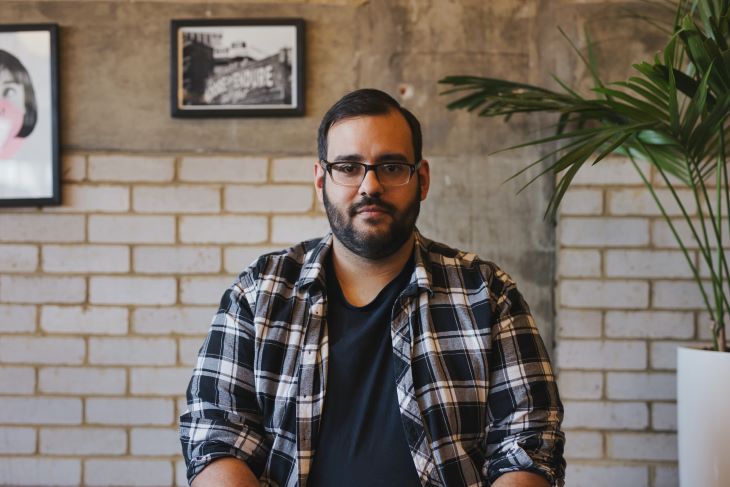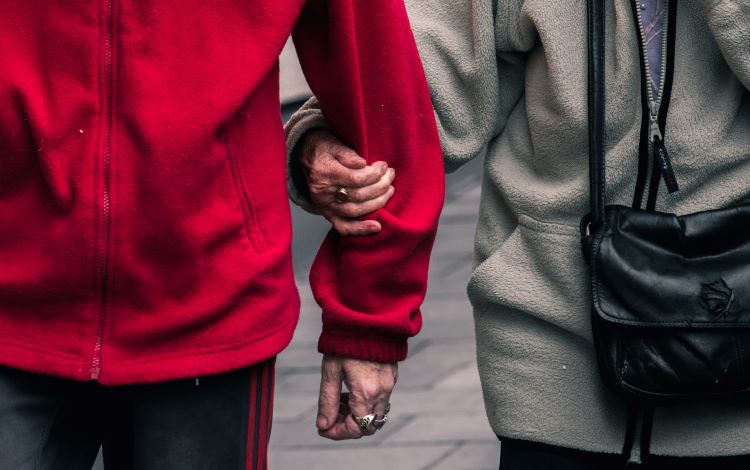Drug & Alcohol Rehab in Clacton On Sea
The worry of an addiction is a haunting experience for those who care about a person suffering with one.
It often wrecks families and destroys relationships, jobs, and finances.
There are people with addictions who are considered ‘functioning’, which means that they’re able to lead a regular life keeping a job and running a household.
Whether an addiction changes a person’s lifestyle or not, the most common consequence is seriously damaged health.

The physical health of a person is totally battered by the effects of addiction.
The reason for this is because of alcohol and drugs being so toxic. After months and often years of using toxic substances, a person’s body is going to be affected.
The only way to heal the body and the organs which are so severely damaged is by entering treatment.
This way, a person is able to give the body a break and start nourishing it with healthy food, drink, exercise and often mindfulness activities.
To understand how to replenish the body and mind and return to a life of health, you need information on rehab services in Clacton on Sea.
OK Rehab aims to be a non-judgemental, go-to place for all the rehab advice and information you need.
Give us a call on 0800 326 5559.
The obvious signs of an addiction and problematic substance misuse

If you’re concerned about someone you love having a problem with drink or drugs there are obvious signs to look out for.
When you live with someone who has an issue, it’s common to find unusual paraphernalia around the house.
This is usually linked to how the person uses the drug, whether they might smoke, snort, or inject the substance.
With alcohol, of course, this might be harder to spot if you already have drink in the house, but you might have discovered alcohol in unusual places.
For those who have recently started developing a substance problem, it’s likely that they might have started spending time with new acquaintances.
These people might have the physical and behavioural signs of addiction that will be outlined below.

A person who has a drink or drug problem will find that their priorities are changing. This is to ensure that they’re able to get more of the substance as and when they want it.
This is often a daily need to get hold of it. This means they might seem preoccupied and their usual activities change.
The physical signs of addiction come as both short term and long term. When a person has just ingested a psychoactive substance they might show the following symptoms:
- Dilated pupils
- “Gurning”, where the person jaw moves a lot, or “chews”
- Increased energy and chattiness
- Less chatty and nonsensical chat
- Slowed down movements
- Unbalanced or seeming dizzy
OK Rehab aims to be a non-judgemental, go-to place for all the rehab advice and information you need.
Give us a call on 0800 326 5559.

In the long term, people are likely to display the following physical symptoms:
- Loss of or weight gain
- Being sallow or pale brown in complexion
- Skin sores
- Aches and pains
- Feeling generally unwell
- Looking bloated or gaunt
OK Rehab aims to be a non-judgemental, go-to place for all the rehab advice and information you need.
Give us a call on 0800 326 5559.

People who use substances also have an increased risk of chronic diseases of the brain, throat, lungs, heart, stomach, liver, pancreas, kidneys, and bladder.
Various drugs tend to target particular organs, but it’s common for the liver to always take the brunt of addiction.
This is because it’s the liver’s job to remove toxins from the body and addiction puts it under serious strain.
It’s only natural that psychoactive substances will affect the psychological health of a person.
Many people will use drugs and alcohol and develop mental health issues related to them.
On the other hand, people with mental health issues might use substances to try and ease the symptoms of their illness.
There are various signs that reveal a person’s deteriorating mental health linked to addiction, such as:
- Loss of motivation to do things
- Feelings of depression and low mood
- Feeling of anxiety and panic attacks
- Psychotic traits
- Schizotypal symptoms
- Suicidal thoughts and ideation
Private rehab clinics treat people for both addiction and mental health problems at the same time.
If someone you love has a drug or alcohol problem, what should you do?

If you’re worried about someone you care about it can be your gut instinct to want to fix them.
Sadly, there isn’t much you can do in terms of “forcing” someone to access help. A person has to want to recover for themselves.
The best you can do is be open, honest, and helpful.
Helpful means knowing what support is available in the Clacton on Sea area and knowing how to provide this information. A call to the OK Rehab team can guide you around this.
Caring for someone with a substance problem also puts a lot of emotional stress and strain on you.
In this case, it can be really beneficial to link up with local 12 step groups which support the families of addicted people. OK Rehab can advise you of where these are locally too.
How do you find out about what treatment is available to you in Clacton On Sea?

To find out what rehab programmes are available specifically in Clacton On Sea, you want to do a bit of research.
This will reveal to you the type of services and programmes, as well as particular treatments.
Calling OK Rehab on is another option for you.
There are a few treatments that will be an essential part of your recovery, however. These are, notably, undergoing a detox and participating in psychological therapies.
It’s imperative that you’re supported through the withdrawal stage of recovery by a team of doctors. This ensures your withdrawal is as comfortable and successful as possible.

Following detox, you’ll then begin psychological therapies. These are proven to be the best type of treatments to underpin deep healing that will last into the future.
Therapists will show you how to retrain your brain to a place where you think healthy and become healthy.
Along with psychotherapies and detox, you’ll also have access to alternative therapies and group therapies.
OK Rehab aims to be a non-judgemental, go-to place for all the rehab advice and information you need.
Give us a call on 0800 326 5559.





